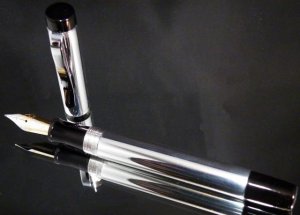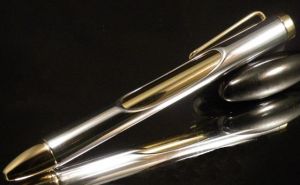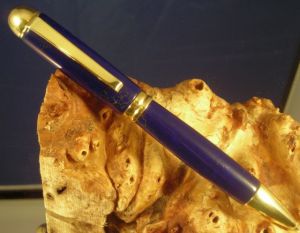MatthewZS
Member
I understand one of the key differences between a metal and wood lathe of comparable sizes and qualities is in the sheer machine precision you can get with a metal lathe. I know with a metal lathe you can turn some harder materials, but I wonder if someone could outline quickly for me the difference between the two where a pen maker is concerned.
What sorts of metals COULD I turn on a wood lathe?
Anything I should specifically avoid on one that the other can do?
I'm just looking to see if in spite of a lack of room and money I should STILL maybe try and afford a small metal lathe for doing heavy custom and kitless work or with the right add ons will my little Rikon fill most of the bill?
Thanks.
What sorts of metals COULD I turn on a wood lathe?
Anything I should specifically avoid on one that the other can do?
I'm just looking to see if in spite of a lack of room and money I should STILL maybe try and afford a small metal lathe for doing heavy custom and kitless work or with the right add ons will my little Rikon fill most of the bill?
Thanks.




